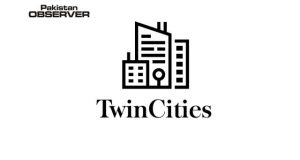Zubair Qureshi
One of the key challenges of modern education system is how to make education more inclusive and equity oriented making it accessible to all segments of society.
These views were expressed by Joint Secretary, Ministry of Federal Education & Professional Training Waseem Ajmal here on Wednesday while addressing the launching ceremony of a report carried out by the Idara-e-Taleem-o-Aagahi.
The survey carried out in 4 districts: Karachi West, Korangi, Malir and Lahore) in May 2021 includes a total of 114 KAs, reaching out to 2, 275 households, 2,285 Mothers and 6,411 children (Age 3-16).
Some segments can afford better education but others remain disadvantaged who have to study in non-functional schools,” the Joint Secretary said, adding that we need to come up with localized models of governance for schools in urban slums and create linkages between formal schools and KA schools while involving the private sector to come up with a solution for quality learning in KAs.
Shahzad agreed with the findings of the report, stating that the existing urban schools are functioning on rural frameworks. He said that the mapping of KAs in development framework is not representative, especially considering the population density.
“We need to devise a structure for KAs so we can establish schools according to the proportion of population there,” the special secretary said.
Ostby from UNDP Pakistan said that Pakistan is a water stressed country with rapid urbanization and governance challenges.








